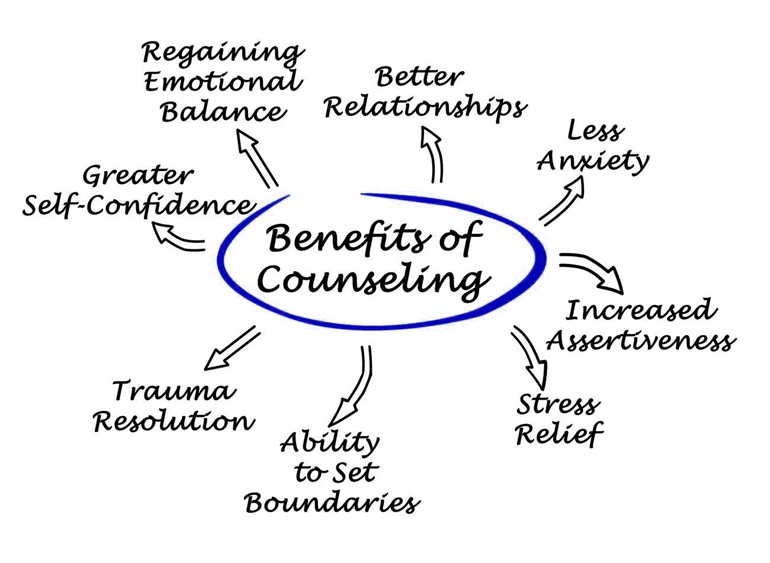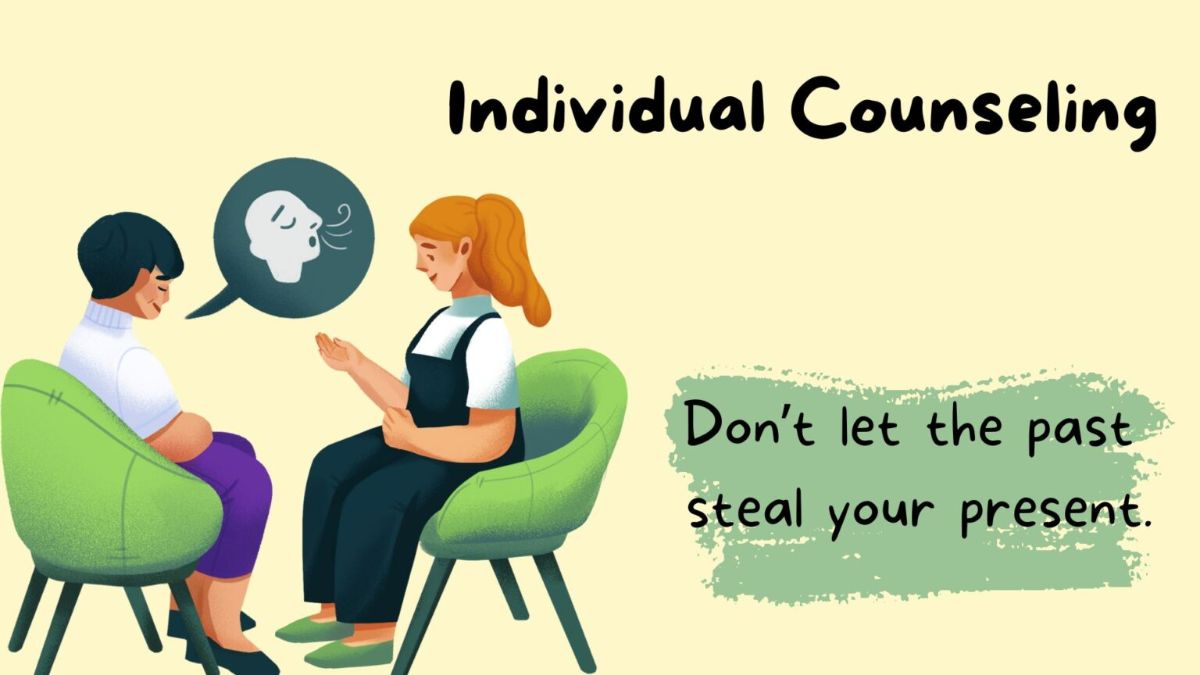Key Insights Into Mental Treatment for Teenage Minds: Supporting Emotional Intelligence
Psychological treatment for teens provides distinct challenges and chances. Adolescents experience considerable psychological complexity as their minds create. Nurturing psychological intelligence comes to be important in this circumstance. Healing approaches like Cognitive Behavioral Treatment and Dialectical Behavior modification offer valuable tools. These techniques not only foster self-awareness but additionally improve empathy. Recognizing exactly how these methods impact personal development can disclose crucial insights into the psychological well-being of young minds. What exists at the intersection of therapy and psychological advancement?
Recognizing the Adolescent Brain: Growth and Emotional Intricacy
The teenage brain is a dynamic landscape, defined by substantial developing adjustments that shape psychological actions and habits. Throughout teenage years, the prefrontal cortex, in charge of decision-making and impulse control, goes through critical maturation. Concurrently, the limbic system, which controls feelings, ends up being much more energetic, causing heightened psychological experiences. This discrepancy can cause extreme state of mind swings and spontaneous actions, as the psychological center typically overshadows sensible thought.
Natural chemicals like dopamine play a vital function in this stage, affecting enjoyment and reward-seeking habits. As teens navigate social interactions and identity development, their minds are wired to prioritize peer acceptance and psychological experiences. This period of rapid development is essential for establishing durability and versatility, although it can likewise lead to difficulties in psychological wellness. Understanding these modifications is essential for parents, teachers, and psychological health and wellness specialists as they seek to sustain young adults via this complex developing stage.
The Importance of Emotional Knowledge in Adolescents
Acknowledging the significance of emotional intelligence throughout teenage years is essential, as it lays the structure for reliable interaction, compassion, and self-regulation. Teens are maneuvering an intricate developing phase characterized by changing feelings and social characteristics. Individual Teen Counselling. Psychological knowledge equips them with the capacity to understand and handle their feelings while likewise recognizing and responding to the emotions of others. This skillset fosters much healthier partnerships, decreases conflict, and improves collaboration amongst peers
Furthermore, psychological knowledge supports scholastic success by promoting durability and versatility in the face of challenges. As teenagers discover to cope with tension and problems, they establish a stronger feeling of self-worth and identity. Growing emotional knowledge throughout these developmental years can result in long-term benefits, consisting of enhanced psychological health and health. Ultimately, focusing on emotional intelligence in teenagers is crucial for their total development and future social efficiency.
Efficient Therapeutic Techniques for Young Adults
While different healing strategies exist, selecting the most effective approaches for young adults requires an understanding of their special developmental needs. Cognitive Behavior Modification (CBT) is commonly favored for its structured technique, assisting teens identify and customize adverse thought patterns. Dialectical Behavior Treatment (DBT) is one more effective approach, particularly for those battling with emotional guideline, as it integrates individual treatment with abilities training in mindfulness and interpersonal efficiency.
Furthermore, art and play therapies offer imaginative electrical outlets for self-expression, making therapy extra available for those who might discover verbal interaction testing. Individual Counselling Toronto. Team treatment setups can likewise facilitate peer links, enabling young adults to share experiences in an encouraging atmosphere. Integrating family members treatment can improve interaction and understanding within the family members device, dealing with characteristics that might contribute to the teen's psychological battles. Ultimately, the performance of these techniques lies in their flexibility to specific situations and needs
Structure Strength Through Mental Therapy
Structure resilience through psychological therapy is crucial for young adults dealing with different life challenges, as it equips them with dealing techniques and psychological tools needed to guide via difficulty. Mental treatment gives an organized environment where teenagers can discover their sensations and thoughts, promoting a deeper understanding of themselves. Strategies such as cognitive-behavioral treatment (CBT) urge teenagers to determine negative thought patterns and change them with constructive ones, cultivating a durable state internet of mind. Furthermore, mindfulness techniques incorporated into treatment can aid teens remain grounded throughout demanding situations, improving their ability to deal. The abilities discovered via psychological treatment encourage teenagers to approach obstacles with self-confidence, enabling them to recover from wikipedia reference problems. As they develop durability, they come to be much more skilled at managing future problems, ultimately contributing to their psychological well-being and individual growth. This foundation of strength is critical for navigating the complexities of adolescence and getting ready for their adult years.
Encouraging Open Interaction and Encouraging Relationships
Exactly how can open communication and supportive partnerships enhance a teen's mental health? Developing a society of open discussion fosters trust and psychological security, allowing teens to express their ideas and feelings without worry of judgment (Individual Teen Counselling). This assistance aids them navigate the complexities of adolescence, advertising durability against stress and anxiety and anxiety
Supportive partnerships, whether with advisors, peers, or parents, play an important role in a teen's growth. They provide a network of encouragement and understanding, which is crucial throughout tough times. When young adults really feel listened to and valued, they are a lot more likely to create healthy coping devices and emotional intelligence.
Urging open interaction likewise encourages teens to articulate their needs and seek help when needed. This aggressive technique can substantially minimize sensations of isolation and despair. Generally, supporting these connections outfits young adults with fundamental devices for emotional law and individual development, ultimately enhancing their mental wellness.
Frequently Asked Inquiries
How Can Moms And Dads Identify When Their Teenager Needs Therapy?
Moms and dads can determine their teenager's requirement for treatment by observing substantial modifications in behavior, state look at here now of mind changes, withdrawal from social tasks, declining academic performance, enhanced irritability, and expressions of despondence or stress and anxiety that continue over time.
What Function Does Social Media Site Play in Teenage Mental Wellness?
Social network considerably affects teenage mental health and wellness by shaping self-confidence, fostering links, and exposing individuals to cyberbullying. Its impact can be both negative and favorable, depending upon usage patterns and the nature of on-line communications.
Are There Certain Therapies Much Better Matched for Women or boys?

How Can Schools Support Mental Health Initiatives for Pupils?
Schools can support psychological health and wellness initiatives by implementing counseling services, advertising social-emotional knowing programs, providing mental wellness resources, fostering a supportive atmosphere, and offering workshops that enlighten pupils on coping strategies and emotional resilience.

What Are Typical Misconceptions Concerning Teenage Therapy?
Common false impressions about adolescent therapy include the idea that it is only for serious issues, that it indicates weak point, or that teens lack the capability to engage. These misunderstandings can prevent accessibility to important mental health and wellness assistance.
Psychological therapy for young adults provides one-of-a-kind difficulties and possibilities. Therapeutic strategies like Cognitive Behavior Treatment and Dialectical Behavior Therapy offer useful devices. Additionally, art and play therapies provide imaginative outlets for self-expression, making treatment extra obtainable for those that may find spoken interaction challenging. Incorporating family members therapy can enhance interaction and understanding within the family unit, dealing with dynamics that might contribute to the teen's emotional struggles. Structure resilience via mental therapy is essential for teenagers facing different life challenges, as it equips them with coping approaches and emotional devices required to guide with misfortune.